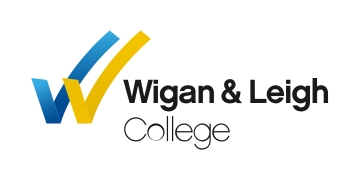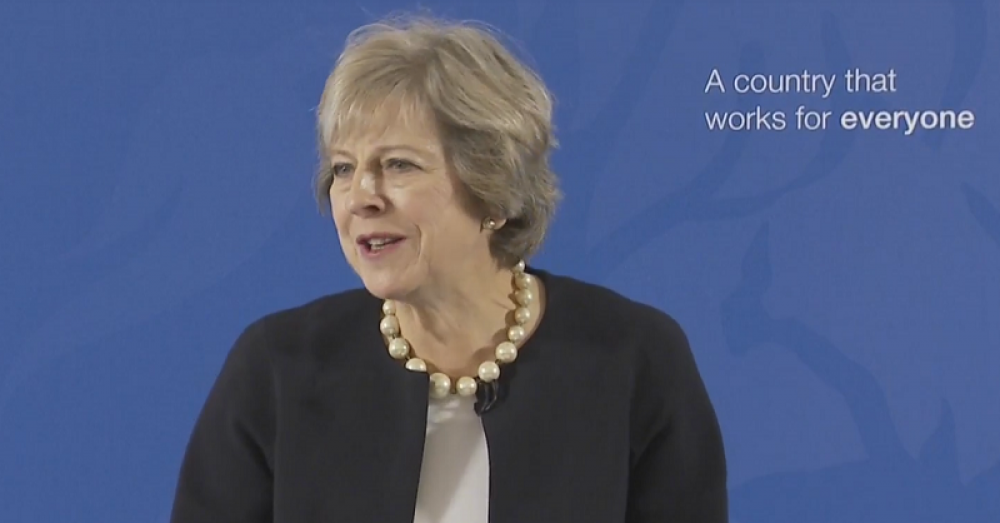The government is facing a backlash after giving its green paper the title “schools that work for everyone” – despite the document focusing mostly on high-ability pupils, and completely omitting any mention of special schools.
The consultation reveals proposals to allow existing grammar schools to expand and for new selective schools to open.
It also contains policies aimed at limiting the impact this will have on non-selective schools, for example requiring selective schools to share teachers with others in their area.
But many in the education community have hit out at what they say is a clear focus on higher attaining pupils.
Schools Week searched the consultation document for the terms special education needs, special schools and SEND – but these terms were not included in the publication.
Jarlath O’Brien, headteacher at Carwarden House Community School, a special academy in Surrey, reacting on Twitter said it was “sad, infuriating, but entirely predictable”.
He added: “The PM said she was fighting for the most vulnerable. I’m struggling to believe it on the basis this evidence.”
Two Conservative MPs asked for reassurances from education secretary Justine Greening in the House of Commons today that the plans would not negatively affect pupils that don’t go to grammar schools – suggesting they are not convinced the document does enough to calm fears.
Former shadow education secretary Tristam Hunt also queried why the document does not include any focus on early years.
In response to concerns, Greening said the government wants to use grammar schools to “raise standards in every part of the schools system”.
Greening later added in a press statement: “The proposals I have published today build on the government’s successful reforms to our education system. We want to make more good school places available in more areas, ensuring we give every child an excellent education and the opportunity to fulfil their potential. I would urge everyone to look at the detail in the consultation document and join that debate.”








Great! Let’s not stop there. How about setting up “grammar hospitals” for people who are only slightly ill and which leach the best medical staff from the other hospitals and then show fantastic recovery rates in record time. The fact that everyone who’s really ill then suffer and die in greater numbers than ever before is simply collateral damage. “Hospitals that work for everyone”, declares the Ministry of Truth.
Black, apparently, is really white.
I despair. How such a change can even be suggested, based entirely on a personal whim, is reminiscent of those heady days of Michael Gove. And you all know what that led to. The mess that we are in now.
A disastrous idea which is being proposed to appease nostalgic Tory backbenchers and UKIPers.
I particularly dislike the idea that selective schools have the “best” teachers who will be ‘shared’ with other schools. The toughest comps in the toughest areas will also have outstanding teachers.
Every new grammar school creates at least three similar sized secondary moderns. How can these schools still meet the GCSE ‘C’ grade performance thresholds imposed by the government? Only by abandoning any serious attempt to provide a cognitively demanding, broad and balanced education, through developmental teaching methods. Such empowering education will be replaced by training and the teaching methods of behaviourism will dominate. This already happens in comprehensive schools that have an intake cognitive ability profile skewed towards lower CATs scores.
These teaching methods do not result in cognitive development and will not make our school leavers cleverer or wiser, which is what is really needed.
This is all explained in detail in the following article.
https://rogertitcombelearningmatters.wordpress.com/2016/08/19/bringing-back-grammar-schools-would-lower-the-national-iq/
OK – let’s be controversial. Knowsley spent £157 million on trying to make its comprehensive schools work. It was a failure. All the comprehensive schools in that area are judged inadequate. So would a grammar school in Knowsley be such a bad thing, given that they have tried to make the comprehensive system work there, and failed?
Paul – It would not raise standards by turning poor comprehensives into even poorer secondary moderns would it? There will be three secondary moderns for every grammar
But before condemning the comprehensives I would want to know the cognitive ability profile of the intakes. Many NW towns have very low mean average cognitive ability scores at age 11. This is made worse by their primaries, threatened by floor threshold KS2 SATs, abandoning cognitively developmental teaching, which is what is really needed, for behaviourist cramming, which does nothing for the cognitive ability profile at 11.
It is cognitive ability that counts and it can be raised. Intelligence is plastic. See
https://rogertitcombelearningmatters.wordpress.com/2016/02/21/the-evidence-for-plastic-intelligence-and-why-it-matters/
Paul – Knowsley has just a tiny number of secondary schools. And only one, Halewood Academy is Inadequate. Four Require Improvement – one of these has just changed hands and is now classed as an uninspected new academy; one has just been upgraded from Inadequate, the other two are being monitored. Two of the three special schools are Outstanding (one hasn’t been inspected). Inspectors noted in one of the reports that Knowsley, where primary schools perform well, lose many high-achieving pupils to other boroughs.
But wouldn’t you expect better after £157 million? What happened to the “world class” education promised? I’m not saying that a grammar school would definitely make things better, only that it just hasn’t been tried yet, so why rule it out totally in Knowsley and other similar areas that have been trying for years to make the comprehensive system work for them.
The £157m was invested by the last Labour Government as part of its Building Schools for the Future programme. And it did promise a ‘world class’ education (simlar claims are made for academization). But it was a ‘grandiose scheme’ which actually worsened existing social problems. According to one teacher who spoke to the Telegraph, the shiny new buildings with their open-plan design resulted in ‘mayhem’. The DT explains how Knowsley secondary education is fighting back and the improvement in Ofsted results appears to confirm this. http://www.telegraph.co.uk/education/educationnews/12175252/After-years-of-decline-why-Knowsleys-schools-are-fighting-back.html
Knowsley already suffers from losing its high ability. Building a grammar in Knowsley might tempt them back into the LA but would do nothing, absolutely nothing, for those Knowsley pupils who would not be selected. The opposite is true – the presence of a grammar would make the existing non-selective schools appear second class. And that perception extends to the pupils who attend them.
Paul – The recent report by the Institute for Fiscal Studies found that Inner London, where there are few grammars, has improved results for all while reducing inequality. It concludes: ‘London schools probably offer more lessons on ways to improve social mobility than do grammar schools.’ https://www.ifs.org.uk/publications/8469